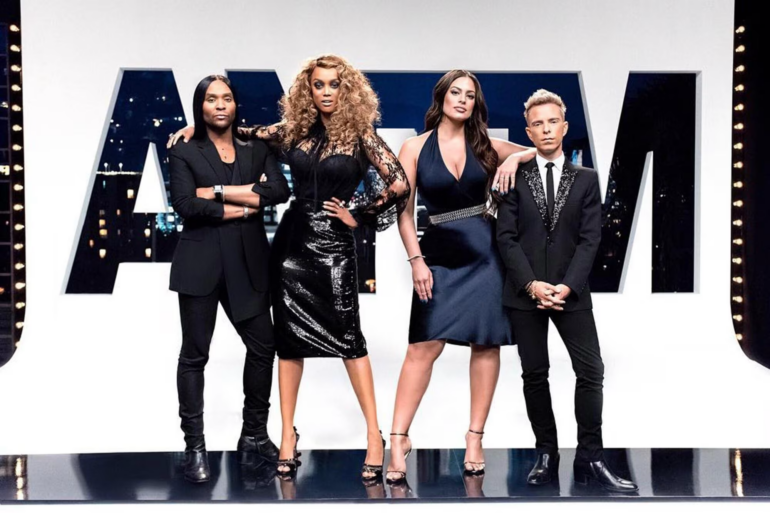For most of my life, I had been ashamed of my enthusiasm for the enthralling entertainment of reality TV shows. I would hide my love for them as I was afraid of becoming a target for ridicule if I confessed this guilty pleasure. However, now that I’ve taken a few more orbits around the sun, I’ve realized that, although reality TV shows are not the most intellectually challenging or sophisticated forms of media, they actually are quite educational.
The first reality show I ever watched was “House Hunters.” I would be sucked into the lives of these strangers, agonizing alongside them as they chose between a two-story split home with the perfect location or the charmingly classic fixer-upper craftsman a bit far for their personal preferences. And of course that third home – which everyone knew wasn’t even an actual contender. Most assumed I liked watching this show because it takes viewers into interesting homes, but actually what stuck with me was the process of the decision-making and how different people chose their homes. I, unintentionally, was learning how people formed opinions and communicated concerns with their partners, real estate agents and families.
After my first taste of reality shows, it changed into more dramatic and outrageous TV. I remember absolutely inhaling Tyra Banks’ “America’s Next Top Model” as a kid (which in retrospect was not a very good show to watch). Then I was obsessed with “Project Runway” and, eventually, the classic “Bachelor”/“Bachelorette” franchise – which I am currently still unashamedly into. And trust me, if I had Netflix, without a doubt, I would be eating up “Love is Blind.” It is true to admit that reality TV showcases negative behavior and much of the time highlights the worst parts of society; however, maybe that’s actually not such a bad thing.
Columbia Magazine’s senior digital editor, Julia Joy, interviewed Lehigh University’s sociology professor Danielle J. Lindemann to get a better scoop on why reality TV has more substance than one might believe. In the article, “It’s Time to Start Taking Reality TV More Seriously,” Professor Lindemann states: “The genre reveals some of the worst things about society — sexism, racism, classism, materialism — and dials them up to eleven. But it also shows us the best of ourselves in its creativity. Historically, reality TV has been more diverse than other forms of media in its representation of people of color and queer people, even if those representations haven’t always been positive” (2022). This is not to say reality TV is the most fundamental and educational form of TV one can consume; however, rather than believing it has no substance at all for viewers, maybe it’s time to change our idea of it.
Not only is it a bit more sophisticated than we might give it credit for, it’s also a great way to meet people. In fact, throughout my time as a university student, I’ve actually made some great friends through gossiping about our favorite moments of an episode. I remember my freshman year, I had no idea how I was going to make friends since most of the ones back home were from childhood and our friendships just sorta happened. So, you can imagine my excitement when I overheard the familiar sounds of “The Bachelor” coming from my RA’s open dorm room and girls from the hall gathered bundled up in cozy blankets with snacks in hand and the latest episode.
This upcoming week marks the season finale of “The Bachelor” and, as you might suspect, that night is blocked out in my calendar. I’m not ashamed of enjoying “low-brow” media, because sometimes the best remedy for relaxing is to watch someone else’s messy life unfold. As people, we inherently learn through observation and there is value in watching absurd scenarios unfold or how others handle dramatic situations.
Photo courtesy of Washington Post.



